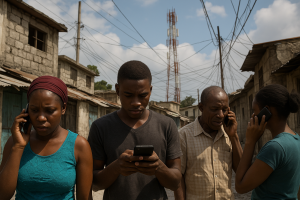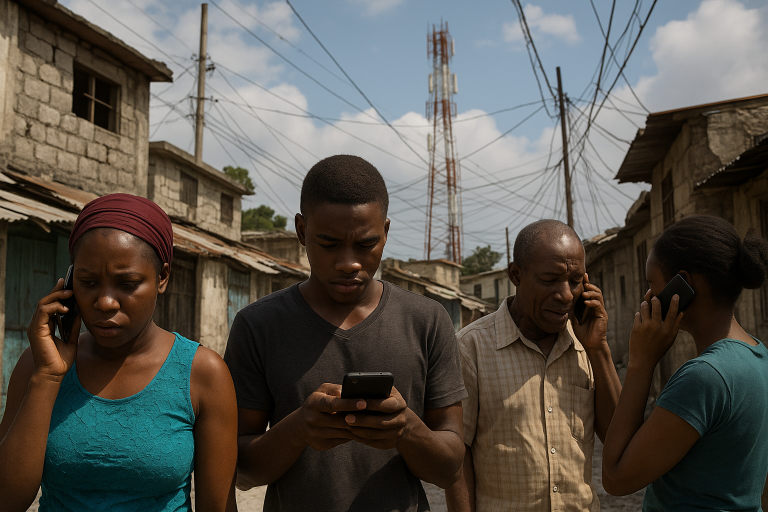In the midst of ongoing turmoil, a compelling initiative is taking root, spearheaded by product innovator and Haitian native Lixon Vilsaint. With a deep understanding of the complexities that his homeland endures, Vilsaint is advocating for a significant shift in UN peacekeeping strategies in Haiti. Less than a month after the UN Security Council approved a troop deployment to Haiti, his petition, marked by both personal conviction and the urgency of on-the-ground realities, urges for peacekeeping forces composed predominantly of individuals of Haitian descent from the global diaspora. Vilsaint’s movement underscores the power of cultural and linguistic ties, positing that Haitian-origin military and police personnel can bridge gaps that foreign entities often contend with. Through this heartfelt initiative, he aims to bring about a more nuanced, effective, and empathetic approach to peacekeeping, championing a scenario where those who step forward to protect and rebuild are ones who inherently understand the land and its people.
PETITION: Sign Here
Below is a translation of petition in English:
The use of only military and police officers of Haitian origin from different countries in the United Nations peacekeeping missions in Haiti, rather than relying on external forces, such as the police from Kenya. Haiti has long struggled with political instability, poverty, and social unrest, and the presence of UN peacekeeping missions has played a vital role in maintaining some form of order. However, I firmly believe that employing a UN force composed of military and police officers of Haitian origin from different countries could be a more effective and sustainable solution for several reasons.
- Cultural Understanding: Haitian military and police officers, even those from different countries, are more likely to have a deeper understanding of Haitian culture, values, and the complexity of the local socio-political landscape. This cultural proximity can enhance their ability to establish trust and connect with the Haitian population, making peacekeeping efforts more effective.
- Language Proficiency: Haitians primarily speak Haitian Creole and French. Using military and police officers proficient in these languages would greatly improve communication between peacekeeping forces and the local population, thereby reducing misunderstandings and conflicts.
- Local Expertise: Haitian military and police officers will inevitably have a better understanding of the country’s geography, infrastructure, and local dynamics. This local expertise can be invaluable in addressing the unique challenges Haiti faces.
- Reduction of Cultural Frictions: The deployment of foreign forces can sometimes create cultural frictions, and local communities may feel uncomfortable or threatened by their presence. Using military and police officers of Haitian origin from different countries can help mitigate these tensions.
- Long-term Stability: A UN force composed of military and police officers of Haitian origin could be a sustainable solution, as these officers are more likely to have a long-term interest in the stability and development of their homeland. They could also serve as role models and inspire a sense of hope and resilience among the Haitian people.
- International Collaboration: Collaborating with other nations to form this international force could promote diplomacy and cooperation among countries willing to contribute to stabilizing Haiti. This could be a model for international collaboration in solving global problems.












Add a comment